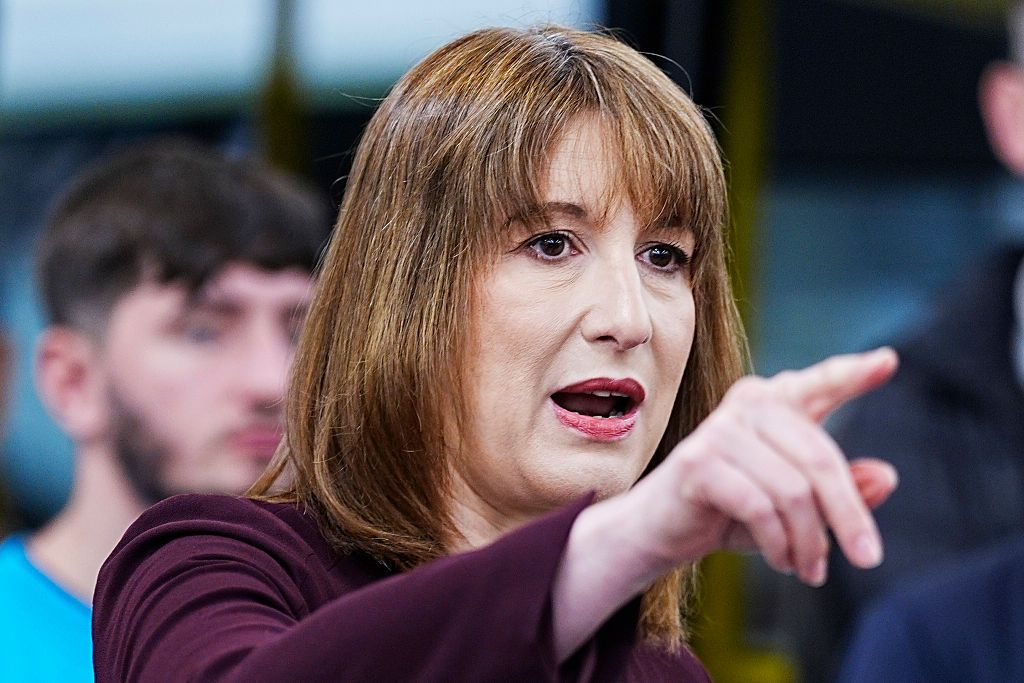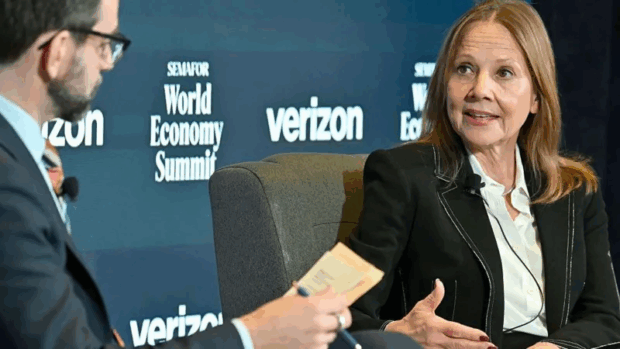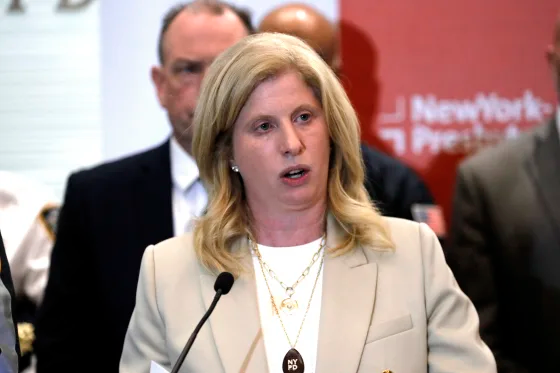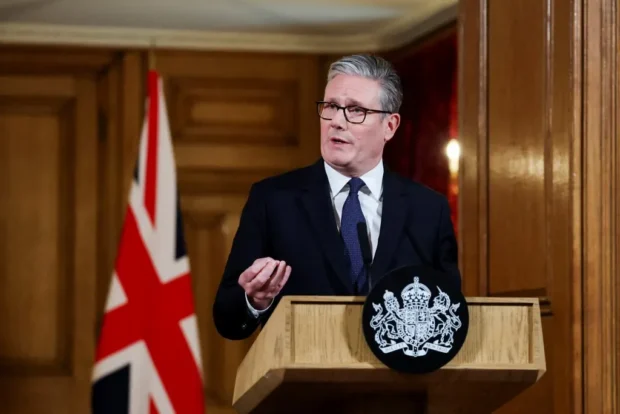
Chancellor Rachel Reeves has announced that pensioners with annual incomes of £35,000 or less will receive winter fuel payments, marking a significant shift from the previous policy, which restricted payments to only the lowest-income pensioners.
The government will restore automatic payments as a universal benefit this winter, then recover funds from higher-income pensioners through their tax returns. This approach mirrors the system previously used by former Conservative Chancellor George Osborne for reducing child benefits.
The policy adjustment means approximately 7.5 million pensioners in England and Wales will receive payments of up to £300 this winter, compared to the 1.5 million who were eligible under the previous restricted system. Following this change, 9 million pensioners will benefit this winter, up from the initial reduction that saw eligibility drop from 11.4 million to 1.5 million.
The original decision to limit winter fuel payments was among the first policy announcements following Labour’s election victory. The restriction had reduced the number of eligible recipients by approximately 10 million pensioners.
Treasury officials indicate the new £35,000 threshold exceeds the income level associated with pensioner poverty and aligns broadly with average earnings. The change aims to balance support for lower-income pensioners with fiscal responsibility.
The modification will cost approximately £1.25 billion, though officials note this represents £450 million in savings compared to universal restoration. The final cost may vary depending on additional pension credit claims.
Reeves will outline funding details at the autumn budget. The announcement was moved forward to next week’s spending review from the originally planned autumn budget presentation.
“Targeting winter fuel payments was a tough decision, but the right decision because of the inheritance we had been left by the previous government,” Reeves stated. “It is also right that we continue to means-test this payment so that it is targeted and fair, rather than restoring eligibility to everyone, including the wealthiest.”
She added, “But we have now acted to expand the eligibility of the winter fuel payment so no pensioner on a lower income will miss out. This will mean over three-quarters of pensioners receiving the payment in England and Wales later this winter.”
The policy had generated discussion during recent local elections, with party members reporting frequent constituent inquiries about the winter fuel payment restrictions. Some Labour MPs had expressed concerns about the original decision.
Treasury officials acknowledged potential complexities with the new system, including scenarios where deceased pensioners’ estates might need to repay funds. Pensioners will have the option to decline payments if they choose.
Approximately 2 million individuals in England and Wales over state pension age have taxable incomes above £35,000, according to Treasury data.
The Scottish government and Northern Ireland executive will receive proportional funding increases as a result of the policy change in England and Wales.
Caroline Abrahams from Age UK commented, “The decision to restore the winter fuel payment to [these] pensioners—all but those on the highest incomes who should be able to pay their heating bills without it—is the right thing to do and something that will bring some much-needed reassurance for older people and their families.”
The change represents a modification of the government’s approach to welfare targeting, with officials noting the balance between supporting those in need while maintaining fiscal constraints.















Be the first to leave a comment